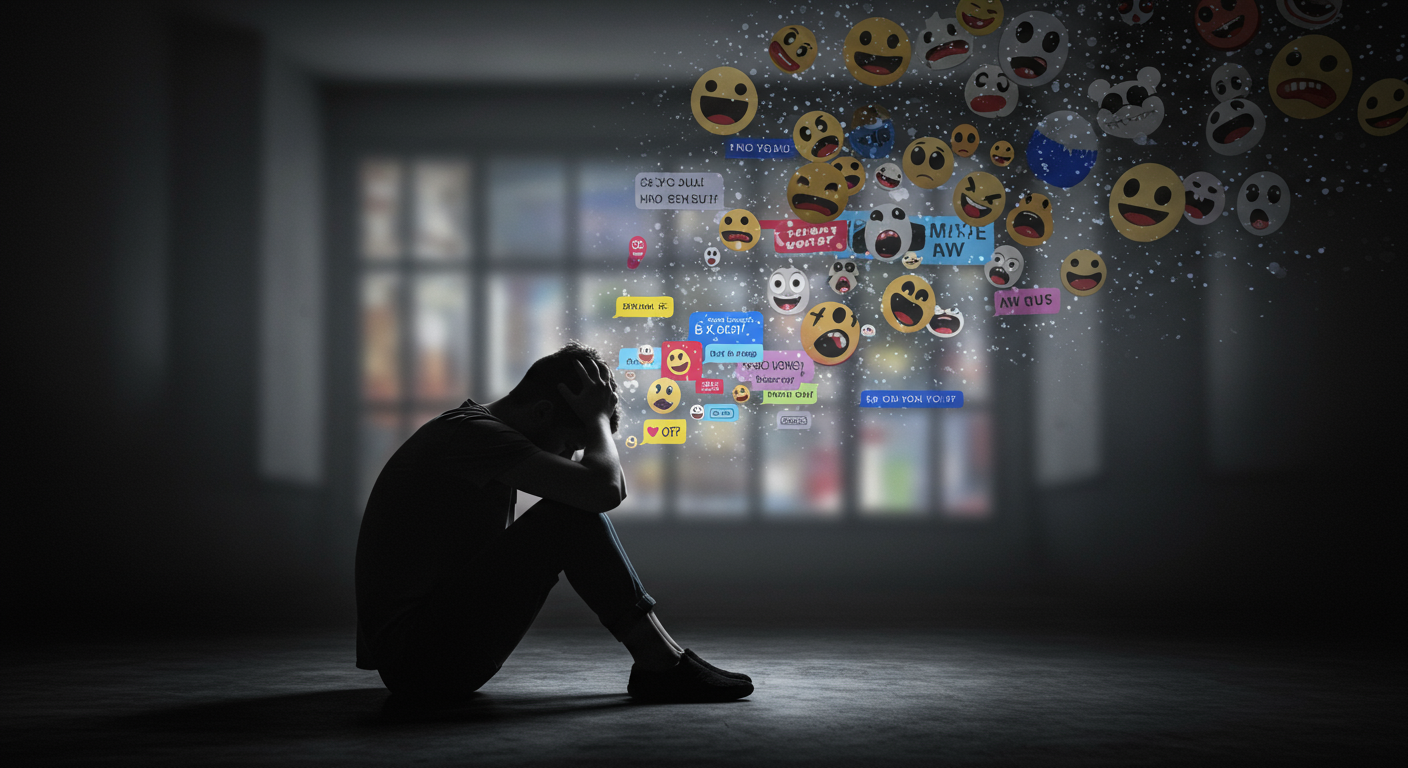
The news reaching me from Maharashtra, specifically the tragic story of Mahesh Ade from Jalna district, has stirred a deep sense of unease and sorrow within me. It’s a stark reminder of the immense power and often devastating consequences of our digital world. Mahesh, a young man of 27, reportedly ended his life after a video showing him and a friend urinating near a railway station board in Chhatrapati Sambhajinagar went viral. Despite his subsequent apology, the relentless online harassment and threats became an unbearable burden "Man Ends Life After Online Harrasment Over Viral Public Urination Video", "Man Dies By Suicide Over Viral Video Of Public Urination In Maharashtra", "Can’t bear pressure anymore’: Man ends life after video of him urinating near Sambhajinagar station goes viral; 7 booked", "Maharashtra man dies by suicide after continuous trolling despite apology over viral video of him and his friend urinating in the open".
It makes me reflect on how quickly a momentary lapse, perhaps fueled by alcohol as some reports suggest, can spiral into a public spectacle of humiliation, pushing an individual to the brink. The fact that Mahesh Ade's uncle had to file a complaint, leading to seven individuals being booked for criminal intimidation and abetment of suicide, speaks volumes about the collective failure to foster a humane digital environment.
The Echoes of a Surveillance State
This tragedy, unfortunately, echoes concerns I've expressed for years regarding the unregulated nature of online content and its profound societal impact. I recall writing about the idea of a 'social media hub' and questioning its purpose in my blog titled Social Media Hub: Where is the Need?. Back then, in 2018, I pondered whether monitoring online data would be used for a benevolent purpose or to persecute citizens. I specifically highlighted the fine line between censorship and security, and the necessity for industry-wide standards to effectively manage harmful content. The core idea I wanted to convey then was the urgent need for clarity and an ethical framework. Now, seeing how things have unfolded with Mahesh Ade, it's striking how relevant that earlier insight still is. Reflecting on it today, I feel a sense of validation regarding my concerns, and also a renewed urgency to revisit those earlier ideas, because they clearly hold value in the current context.
When Personal Becomes Public
More recently, in my blog Awaiting: Govt Action on Monetization of Data, I delved into the government's push for self-regulation of online content. I pointed out the challenge of distinguishing personal viewpoints from profit-driven disseminations and how 'personal expressions can quickly metamorphose into mass broadcasts'. I had even cited my previous blogs, Testing Our Insult Threshold and Rajeevji: No Big Deal, to underscore the urgency of curbing fake news and hate speech. Mahesh Ade's situation is a grim illustration of how this metamorphosis can turn destructive, where public judgment becomes a virtual mob, deaf to apologies and blind to empathy.
A Call for Digital Empathy and Responsibility
This incident is a sobering reminder that the digital space is not devoid of real-world consequences. We, as a society, must cultivate a stronger sense of digital empathy and responsibility. Platforms need to evolve beyond reactive measures and implement proactive mechanisms to protect individuals from such severe harassment. It’s not just about what is legal, but what is humane.
We need to ask ourselves: What kind of digital society are we building? One where a single misstep can lead to a public trial by mob, or one where understanding and second chances are still possible? The answers lie in our collective commitment to fostering a digital world that upholds human dignity, even in the face of public disapproval.
Regards,
Hemen Parekh
Of course, if you wish, you can debate this topic with my Virtual Avatar at : hemenparekh.ai






No comments:
Post a Comment